Noticia
Neuroeducation applied to the university setting
The university's branch campus in Guayaquil began a course titled "Neuroeducation applied to the university setting" which is aimed at UPS professors.
The course suggests that professors create an encounter with emotion and motivation for the teaching – learning process in the classroom. "We have to educate students so they can face a new way of acting socially and in this case professors are the link, so they need to be trained", said Inmaculada Cubero, trainer of the program.
The course will take 18 weeks and is divided into several modules which will be both virtual and on campus. Some of the topics of the course will be: the social brain, motivational, emotional and pedagogical strategies applied to the classroom.
For Cubero it is necessary to change the model of learning and teaching because we are accustomed to an active attitude of the teacher, while students have a passive attitude. "This has to change because the new environment of uncertainties, the existence of numerous technological elements, must be incorporated into the student's education so that they are able to deal with problems that are unknown at this time, give them solutions, be innovative", he said.
The course is taught by specialists in areas such as behavioral neuroscience, computer science, psychopedagogy, etc. "This type of course allows us to open new gaps in educational paths, and make innovations in the classroom," says Rodrigo Medina, a teacher at La Salesiana.
On the other hand, during the training session, they spoke about the importance of fully assuming the responsibility of granting students multiple competences that transcend their own knowledge, creating good professionals that today's society needs, was highlighted. "The curricular update is very important, and topics such as those we are dealing with in the course are necessary for the student to be more participatory in the classroom," says teacher Danny Barona
Contenidos Relacionados
Contenidos Relacionados
Noticias Relacionadas
Noticias Relacionadas

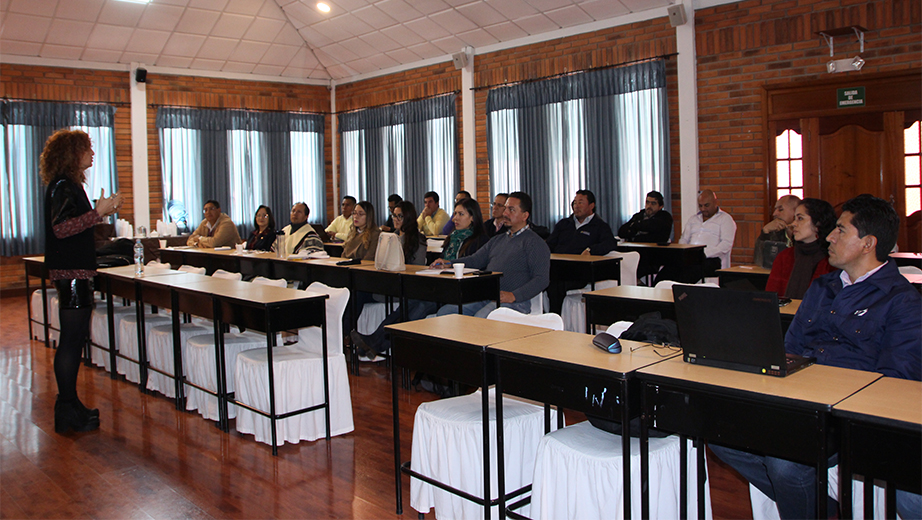
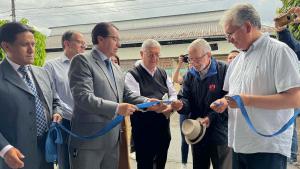
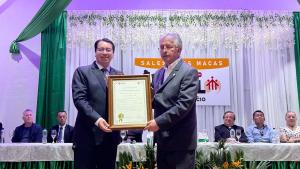
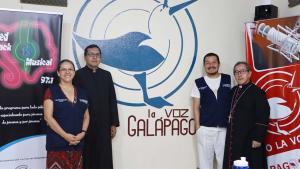
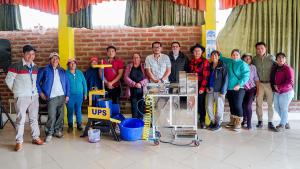
Follow us
Follow us